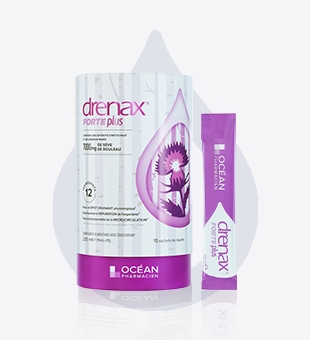Introduction: The liver is often referred to as the body's "detoxifier" because of its role in processing and neutralizing toxins. But this mighty organ does so much more—it aids in digestion, regulates metabolism, and produces essential proteins for blood clotting. Despite its resilience, the liver can be susceptible to damage from factors like viruses, alcohol, and an unhealthy diet. Here's how you can take care of your liver for a healthier you.
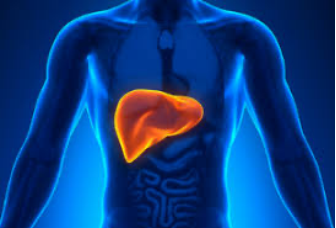
图片来源https://britishlivertrust.org.uk/information-and-support/liver-health-2/abouttheliver/.
1. Eat a Balanced Diet A diet rich in fruits, vegetables, whole grains, and lean proteins can help maintain a healthy liver. Foods high in antioxidants, such as berries and leafy greens, are particularly beneficial.
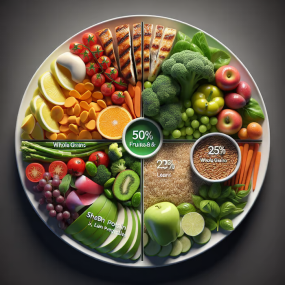
2. Stay Hydrated Water is essential for flushing out toxins and keeping your liver functioning optimally. Aim for at least 8 glasses of water a day.
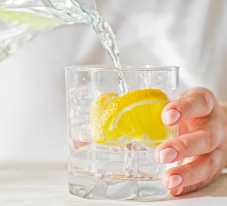
https://images.app.goo.gl/84ZWZ8YL5VSBRj9B6
3. Limit Alcohol Consumption Alcohol can cause liver damage, especially when consumed in excess. If you drink, do so in moderation.
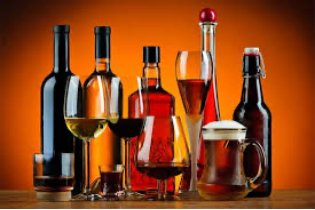
https://www.conehealth.com/services/behavioral-health/7-things-drinking-alcohol-does-to-your-body/
4. . Exercise Regularly Physical activity boosts your body's overall health and supports liver function. Aim for at least 150 minutes of moderate exercise each week.

https://images.app.goo.gl/GDK2TuWZdWiBkVQ27
5. Avoid Harmful Substances Drugs and chemicals can be tough on your liver. Whenever possible, avoid unnecessary exposure to chemicals and always use medications responsibly.
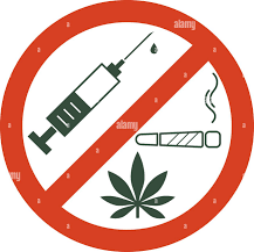
https://www.alamy.com/stock-photo/no-drugs-sign.html?sortBy=relevant
6. Get Vaccinated Protect yourself from hepatitis A and B, which can cause severe liver damage. Vaccines are available and can be your first line of defense.
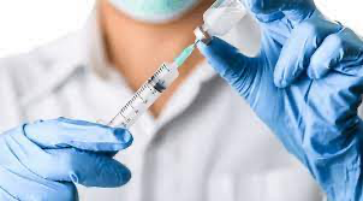
https://images.app.goo.gl/Xj4Lfo7uHhLzff6Y8
7. Regular Check-ups Routine medical check-ups can help detect liver issues early. Don't ignore symptoms like fatigue, jaundice, or abdominal pain.

https://www.istockphoto.com/jp/%E5%86%99%E7%9C%9F/happy-patient
Conclusion: Your liver is a workhorse that deserves your attention and care. By adopting a healthy lifestyle and being mindful of what you put into your body, you can support your liver's health and enhance your overall well-being.

https://www.cnet.com/health/mental/need-motivation-4-unexpected-benefits-for-your-happiness/
References:
1. Liu, R. H. (2013). Health benefits of fruit and vegetables are from additive and synergistic combinations of phytochemicals. American Journal of Clinical Nutrition, 98(1), 5-6. doi:10.3945/ajcn.112.052329
2. World Health Organization. (2014). Alcohol and health. Retrieved from https://www.who.int/alcohol
3. Centers for Disease Control and Prevention. (2020). Viral hepatitis vaccination. Retrieved from https://www.cdc.gov/hepatitis/hbv/vaccination.htm
4. American Liver Foundation. (2021). Liver wellness. Retrieved from https://liverfoundation.org/education/liver-wellness/
5. European Food Safety Authority. (2010). Scientific opinion on dietary reference values for water. EFSA Journal, 8(3), 1459. doi:10.2903/j.efsa.2010.1459
6. Krawczyk, M., & Lartigue, E. (2019). The impact of diet on non-alcoholic fatty liver disease: Mechanisms and potential therapeutic strategies. Nutrients, 11(9), 2074. doi:10.3390/nu11092074
7. American Cancer Society. (2021). Physical activity and cancer. Retrieved from https://www.cancer.org/cancer/cancer-causes/physical-activity-and-cancer.html
8. National Institute on Drug Abuse. (n.d.). Drugs, brains, and behavior: The science of addiction. Retrieved from https://www.drugabuse.gov/related-topics/drugs-brains-behavior
9. Siegel, A. B., & Hofmann, A. F. (2000). The liver in systemic disease. In Schiff L. R., Sorrell M. F., Maddrey W. C. (Eds.), Schiff’s Diseases of the Liver (pp. 525-536). Lippincott Williams & Wilkins.
10. U.S. Department of Health & Human Services and U.S. Department of Agriculture. (2015-2020). Dietary Guidelines for Americans. 8th Edition. Retrieved from https://health.gov/dietaryguidelines/2015/

 EN
EN
 FR
FR
